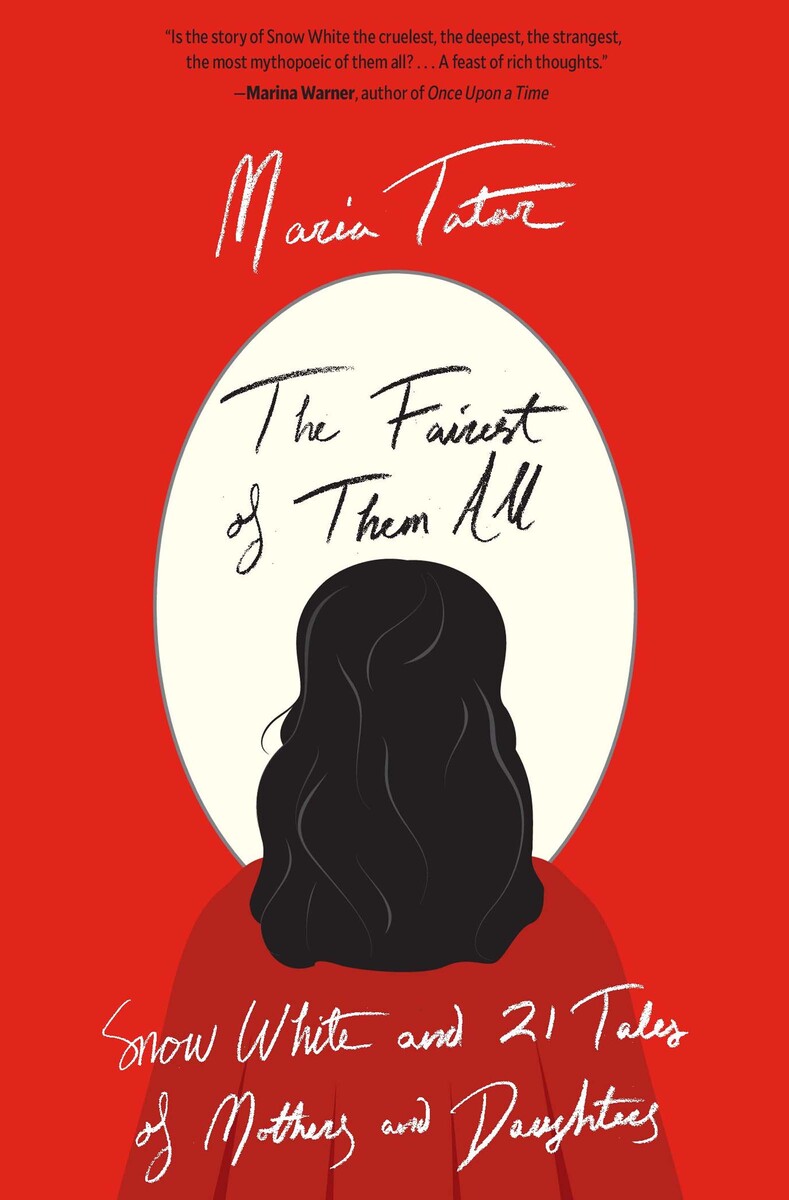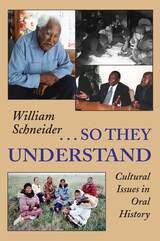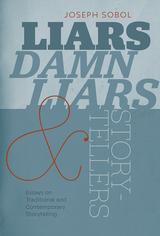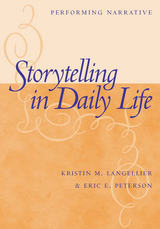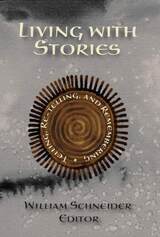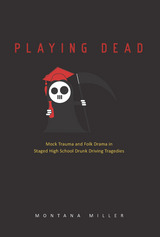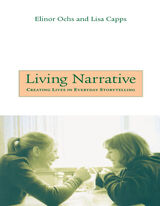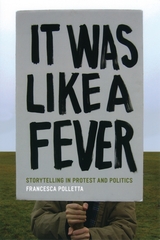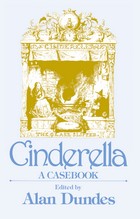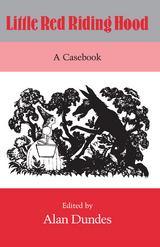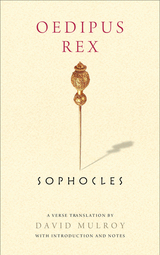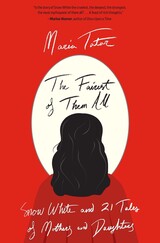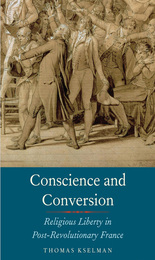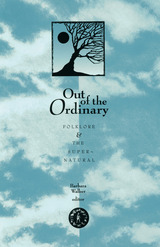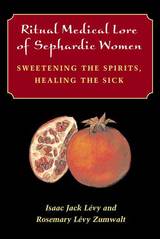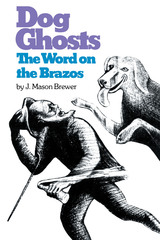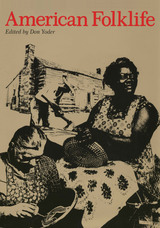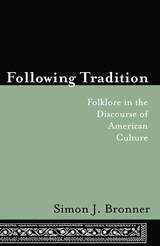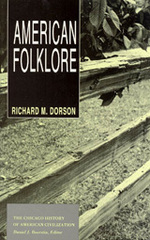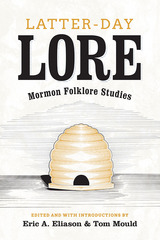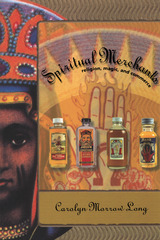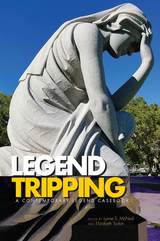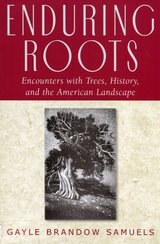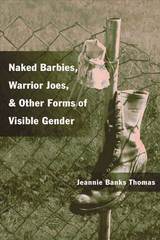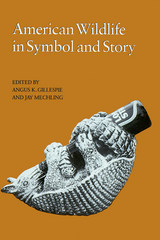Paper: 978-0-674-27112-8 | eISBN: 978-0-674-24582-2 | Cloth: 978-0-674-23860-2
Library of Congress Classification GR75.S6T37 2020
Dewey Decimal Classification 398.2
“With her trademark brio and deep-tissue understanding, Maria Tatar opens the glass casket on this undying story, which retains its power to charm twenty-one times, and counting.”
—Gregory Maguire, author of Wicked
The story of the rivalry between a beautiful, innocent girl and her cruel and jealous mother has been endlessly repeated and refashioned all over the world. The Brothers Grimm gave this story the name by which we know it best, and in 1937 Walt Disney sweetened their somber version to make the first feature-length, animated fairy tale, Snow White and the Seven Dwarfs. Since then, the Disney film has become our cultural touchstone—the innocent heroine, her evil stepmother, the envy that divides them, and a romantic rescue from domestic drudgery and maternal persecution. But each culture has its own way of telling this story of jealousy and competition. An acclaimed folklorist, Maria Tatar brings to life a global melodrama of mother-daughter rivalries that play out in unforgettable variations across countries and cultures.
“Fascinating…A strange, beguiling history of stories about beauty, jealousy, and maternal persecution.”
—Wall Street Journal
“Is the story of Snow White the cruelest, the deepest, the strangest, the most mythopoeic of them all?…Tatar trains a keen eye on the appeal of the bitter conflict between women at the heart of the tale…a feast of rich thoughts…An exciting and authoritative anthology from the wisest good fairy in the world of the fairy tale.”
—Marina Warner
“The inimitable Maria Tatar offers us a maze of mothers and daughters and within that glorious tangle an archetype with far more meaning than we imagine when we say ‘Snow White.’”
—Honor Moore
“Shocking yet familiar, these stories…retain the secret whisper of storytelling. This is a properly magical, erudite book.”
—Literary Review
See other books on: Comparative Literature | Fairy Tales, Folk Tales, Legends & Mythology | Family Life | Motherhood | Parenting
See other titles from Harvard University Press
